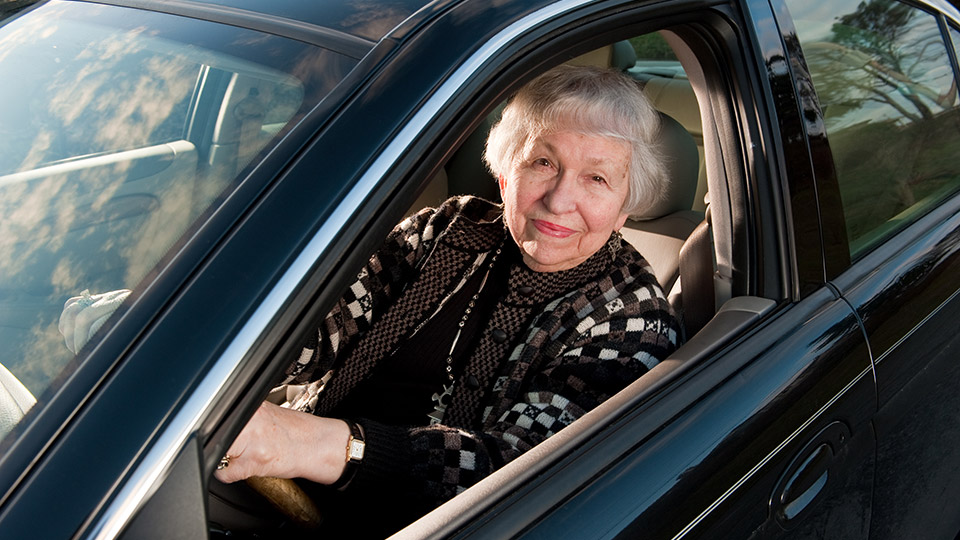Supporting decision-making & needs of drivers with dementia
An intervention program is in development to support the growing population of older drivers with mild dementia and their caregivers in decision-making about when to stop driving, and their emotional and transportation needs after driving cessation.
“The decision about when to stop driving is one of the most challenging and emotion laden decisions with which older drivers with dementia, their family caregivers, health professionals, policy makers and licensing authorities struggle,” says Dr. Mark Rapoport, co-principal investigator of the project and a geriatric psychiatrist at Sunnybrook Health Sciences Centre.
While driving is clearly identified as a danger for persons with moderate and severe dementia, some persons with mild dementia may remain safe to drive for a period of time. However, interventions to help guide and support these individuals before, during and after driving cessation are limited.
“Decisions about driving cessation are complicated by the associated adverse psychosocial and health consequences, which include loss of independence and lifestyle, lower activity levels, social isolation, loss of self-esteem, depression, decreased quality of life, and increased burden on family caregivers,” says Dr. Gary Naglie, the other lead investigator of the project and Chief of Medicine at Baycrest Health Sciences and Professor at University of Toronto.
A majority of older drivers with dementia continue to drive after the onset of dementia and many resist giving up their license, even when advised to the contrary.
Research in the area has been limited. To date, no studies have assessed interventions targeting both older drivers with dementia and their caregivers before, during and after the transition period to non-driving.
The initial stage of this research project will inform the development of the intervention content areas and modes of delivery. Following its development, a series of pilot tests will take place to evaluate the intervention.
“We will evaluate this intervention to determine if it enhances the perceived sense of control and satisfaction with the decision making process about driving cessation for both older adults with mild dementia and for their caregivers, and whether it positively impacts out-of-home mobility for these individuals after driving is ceased,” says Rapoport, also an Associate Professor at University of Toronto.
The research team will also compare the relative effectiveness of the intervention in women and men, and whether the intervention will impact social participation, quality of life and reduction of depressive symptoms in older adults with mild dementia who stop driving. They will also examine impact on caregivers’ mobility patterns, social participation, mood and quality of life associated with their loved one stopping to drive.
The number of drivers with dementia is dramatically increasing, with a predicted estimate of close to 100,000 drivers with dementia by 2030 in Ontario alone. Drivers with dementia have a two to three times higher risk of crash, many of which result in injury or death.
Funded by the Canadian Consortium on Neurodegeneration in Aging (CCNA), a dynamic research enterprise of the Canadian Institutes of Health Research (CIHR) and other Funding Partners, this research is intended to impact policy, practice and public education about driving cessation in persons with dementia by using an integrated knowledge translation approach.






